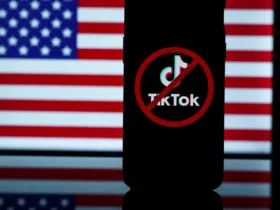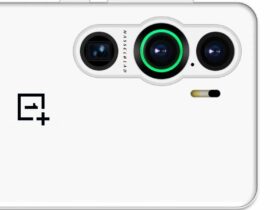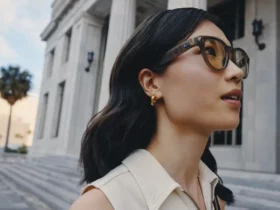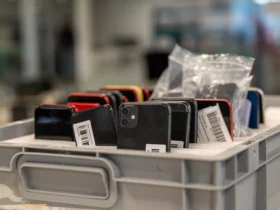Getty Images announced in a press release that it has filed a lawsuit against Stability AIa software that uses the generative AI of Stable Diffusion to create images. According to Getty, taking and processing images to train artificial intelligence violates the copyright of the authors of those illustrations and photographs. And in the United States, lawsuits against it are multiplying Stable Diffusion, DeviantArt e Midjourney.
30% off on all Lenovo V Series
Getty Images fa causa a Stable Diffusion
Generative AIs are algorithms that can create original content, such as music, images and text, without any direct human input. But to understand create the images requested by users, they study and analyze millions of images online. These companies then use them to create content for brands and businesses, but according to Getty they would have used copyrighted material without permission.
In the US, a class action lawsuit has been filed by a group of artists and creators who claim they have seen their work used without their permission. Stable Diffusion and Midjourney allegedly scraped: grabbing millions of images from the web. Even those covered by copyright, according to the suing party.

This is an interesting case, because it makes us reflect on the legal implications of using generative AIs. If these algorithms can create original content without any human input, then who has the right to copyright? But above all, since they work by analyzing and re-processing online content, how can we guarantee that the original creators get paid for their work?
To the question mark on the licensing of the images used by generative AIs to create original content, we add the question on profits. In the United States there is the Fair Use concept: if the sites don’t make money, they can use the images (within limits). Therefore, generative AI companies are often non-profits.
Try Amazon Video for 30 days for free!
But companies that use AI-generated products instead use them for advertising and commercial content. So who has to pay the royalties to the creatives? Also, the Fair Use is not stipulated by the EU and from many other countries in the world: how to manage these bots internationally?
The lawsuit filed by Getty and others like it could set an important precedent for understanding how to protect artists online, without limiting the development of artificial intelligence solutions.















Leave a Reply
View Comments